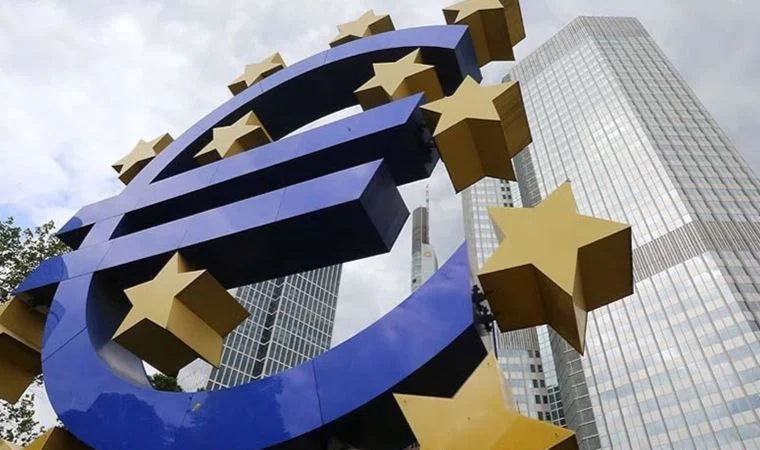2473
0
Industrial production in the Eurozone declined in July
Eurozone monthly industrial output fell in July, the biggest drop since the early months of the COVID-19 pandemic, as rising inflation

Yazar: Charles Porter
Yayınlanma: 15 Eylül 2022 18:26
Güncellenme: 7 Şubat 2026 03:16
Industrial production in the Eurozone declined in July
Eurozone monthly industrial output fell in July, the biggest drop since the early months of the COVID-19 pandemic, as rising inflation and fears of a looming recession prompted firms to cut output, according to new data released on Wednesday by the European Commission's statistics agency (Eurostat).
Output of industrial companies in the region fell by 2.3% month-on-month, reversing June's gain of 1.1% and below forecasts for a 1.0% decline. This was the biggest decline since April 2020. On an annual basis, industrial production unexpectedly declined by 2.4%. Economists had expected this figure to show a marginal increase of 0.4%. In particular, factories produced fewer capital goods or assets such as vehicles or buildings, the output of which fell by 4.2%. Analysts at ING noted that this decline was mainly due to a nearly 19% drop in industrial production in Ireland. Output of consumer durables such as bicycles and televisions and intermediate goods such as sugar and glass also declined. However, these declines were partly offset by increases in energy and non-durable goods, including food and clothing. On a country-by-country basis, three of the Eurozone's four largest economies - Germany, France and Spain - recorded significant declines in industrial production, while Italy and the Netherlands saw small increases. "The outlook for the coming months remains relatively bleak. The energy crisis has started to result in production disruptions across the Eurozone for the most gas-using producers, and other supply issues have eased but not disappeared." Follow Global Economic Developments on Social Media! Click here to follow Ieconomy official Facebook account! Click here to follow Ieconomy official Instagram account! Click here to follow Ieconomy official Twitter account!İLGİLİ HABERLER





European stocks soared and focus shifted to German retail sales after Powell's speech!

Forex Signal For TRY/USD: Inflation Slowdown in November.

Forex Signal For GBP/USD: Bullish Trend Still Not Breaking While Recovery Continues.

Forex Signal For EUR/USD: Starry US Data Points to Higher Fed Increases.

Forex Signal For BTC/USD: Downside Continues as Bitcoin Recovery Moves Less.
En Popüler Haberler
Yorum Yap
Yorumlar
Henüz yorum yapan yok! İlk yorumu siz yapın...